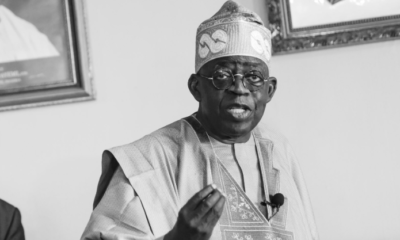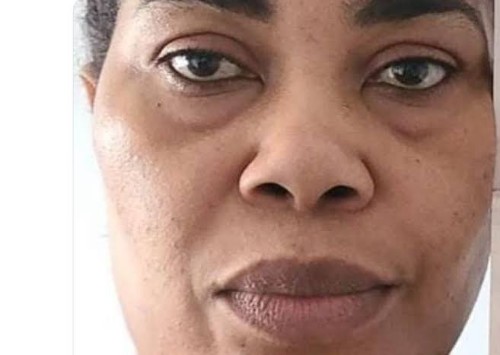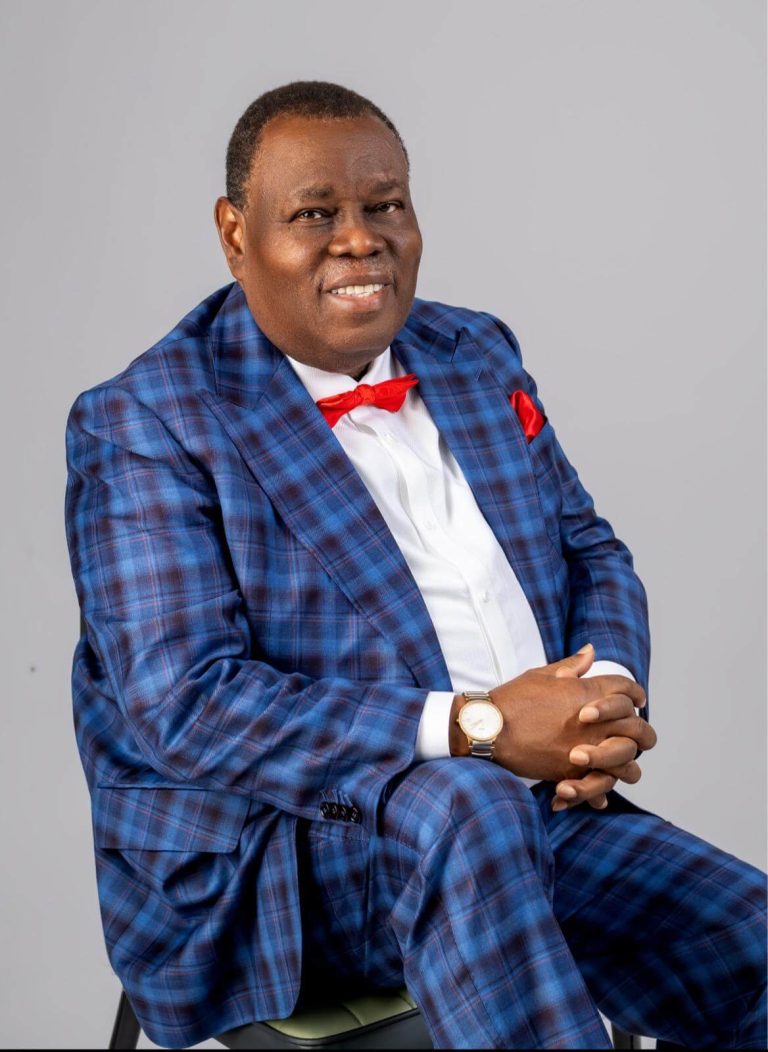Amaka Sonnberger, a Canada-based Nigerian, faces potential imprisonment or deportation for allegedly inciting violence against Nigerians of Yoruba and Benin descent.
Arrested by Toronto Police on September 1, 2024, Sonnberger is scheduled to appear in court on September 2, 2024.
According to Section 319(1a) of the Canadian Criminal Code, convictions for public incitement carry a maximum two-year prison sentence.
The section reads, “Everyone who, by communicating statements in any public place, incites hatred against any identifiable group where such incitement is likely to lead to a breach of the peace is guilty of (a) an indictable offence and is liable to imprisonment for a term not exceeding two years or (b) an offence punishable on summary conviction.”
It was gathered that the two-year jail term will only apply to Sonnberger if she is a Canadian citizen and is found guilty.
However, if Sonnberger is convicted as a migrant, she could face deportation if she holds either temporary or permanent resident status in Canada. This information is based on the “Migrants Know Your Rights Guide —Facing Immigration Arrest, Detention, Deportation,” published in 2021 by the International Human Rights Programme at the University of Ontario, Butterfly (an Asian and Migrant Sex Workers Support Network), and the Immigration Legal Committee (No One Is Illegal Toronto).
As stated in the guide, any migrant in Canada who receives a prison sentence of more than six months may face deportation.
The guide partly reads, “If you are convicted of a crime, you could lose your immigration status. Whether you lose your status depends on ‘how serious’ the crime is, the specific crime committed, and the type of status you possess (e.g., temporary status, permanent resident status).
“For instance, someone with permanent resident status could lose that status if they receive a prison sentence of over six months for a given crime, or if the crime carries a maximum prison sentence of 10 (or more) years.
“On the other hand, someone without permanent resident status could lose their immigration status if they are convicted of an ‘indictable’/‘hybrid’ offence or two different offences that arose from separate events, even if they are minor.”
During a virtual meeting on TikTok last Tuesday, Sonnberger was heard calling for the poisoning of individuals of Yoruba and Benin descent.
Speaking mainly in Pidgin English, threatening to poison the Yoruba and Benin people, Sonnberger ranted, “Record me very well; it’s time to start poisoning the Yoruba and Benin. Put poison for all una food for work. Put poison for una water; make una dey kpai one by one.”
Her hateful remarks ignited widespread outrage, prompting Nigerians from all walks of life to call for her investigation and arrest by the Canadian authorities.
In a swift response, the Toronto Police Hate Crime Unit announced the suspect’s arrest, stating that the case would be handled as a hate-motivated offence.
A statement titled, “Suspected Hate-Motivated Threatening Investigation, Woman Arrested”, by the Toronto Police dated September 1, 2024, shared on its website partly read, “Toronto Police have arrested a woman in connection with a suspected hate-motivated threat investigation. The arrest follows a report received on August 28, 2024, regarding a threatening incident.
“Authorities allege that on or around August 25, 2024, Amaka Sonnberger, 46, of Toronto, posted online content threatening the lives of specific members of the Nigerian community.”
The statement indicated that the crimes could involve consultation with the Crown. If convicted, hatred is considered an aggravating factor in sentencing. Additionally, charges related to hate speech, such as promoting hatred or advocating genocide, require the Attorney General’s consent and are often subject to delays.
“When suspected hate-motivated offences are reported to the police, the investigation could be led by a Divisional Investigator with the support of the Hate Crime Unit, or in some cases, will be investigated exclusively by the HCU.
“If it is alleged a criminal offence was committed (such as assault or mischief) and is believed to have been motivated by bias, prejudice, or hate, the officer-in-charge may consult with the Crown. If a person is charged and convicted of the offence, the judge will take into consideration hate as an aggravating factor when imposing a sentence.
“Wilful promotion of hatred and advocating genocide are hate propaganda (hate speech) offences that require the Attorney General’s consent to lay charges. These charges are often laid at a later time,” it concluded.
The suspect had recently boasted that she could not be arrested because she was a Canadian.

 BIG STORY3 days ago
BIG STORY3 days ago
 BIG STORY4 days ago
BIG STORY4 days ago
 BIG STORY3 days ago
BIG STORY3 days ago
 BIG STORY4 days ago
BIG STORY4 days ago
 BIG STORY5 days ago
BIG STORY5 days ago
 BIG STORY4 days ago
BIG STORY4 days ago
 BIG STORY4 hours ago
BIG STORY4 hours ago
 BIG STORY1 day ago
BIG STORY1 day ago



















